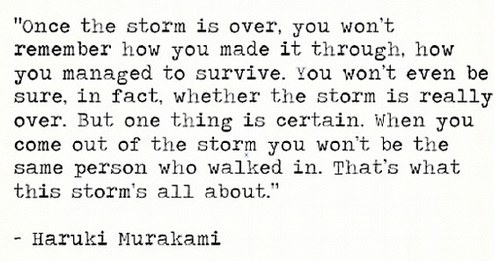Dear Heroin, I want a divorce. I want a new life.

Part of the answer lies with the chemistry of the interaction between heroin and the brain. When someone takes “exogenous” or outside of the body opiates, they release a tsunami of dopamine, creating an intense rush of pleasure that the brain records as a profound experience of reward. That memory remains strong, and is quickly recalled when a thought, action, or event, stimulates the desire to feel differently, or to feel better. A person’s deep attachments to the feelings caused by heroin are potent drivers that pull the user back to their opiate drug.
But there is also a thought process at work. The powerful sensation of an opiate such as heroin provides a reinforcing experience that offers a sense of purpose and meaning. The drug provides comfort and momentary answers. For this reason, many addicts run to their drug at the first signs of physical or emotional distress. This dependence, with an existential bonding, makes breaking free from heroin especially hard.
Because the addictive power of heroin and other opiates is so strong, abstinence is never enough. More is needed to establish recovery than simply saying “goodbye” to the drug of choice. Part of the brain feels that it is losing its best friend, and the concept of “never again” is very hard to bear. The drug-induced programming of the reward system in the brain creates a powerful opponent in the battle against addiction.
Lasting recovery from heroin demands a deep transformation. The biological and psychological power of the drug must be understood, and the addict must admit their powerlessness and reach out for help. But more importantly, the “spiritual” impact of heroin must be appreciated, albeit often unconscious, and the drug must be replaced by a new and deeper source of meaning.
The hard reality is that saying no to heroin is not a one-time event. Only with constant support, fellowship, and activities that provide emotional rewards, can the powerful bonds be broken. The addict’s life must have new sources of reward and purpose that provide the resolve to stay drug-free.
In short, a divorce from heroin is never enough. There must be the creation of new attachments, as are found in 12-Step groups, a church community, or with a sponsor, that take the place of the “meaningfulness” once provided by heroin. Recovery becomes the creation of a new life that replaces the relationship with heroin that has been left behind.

